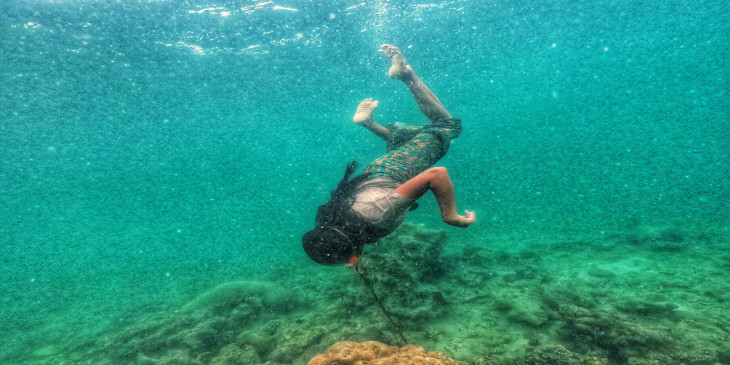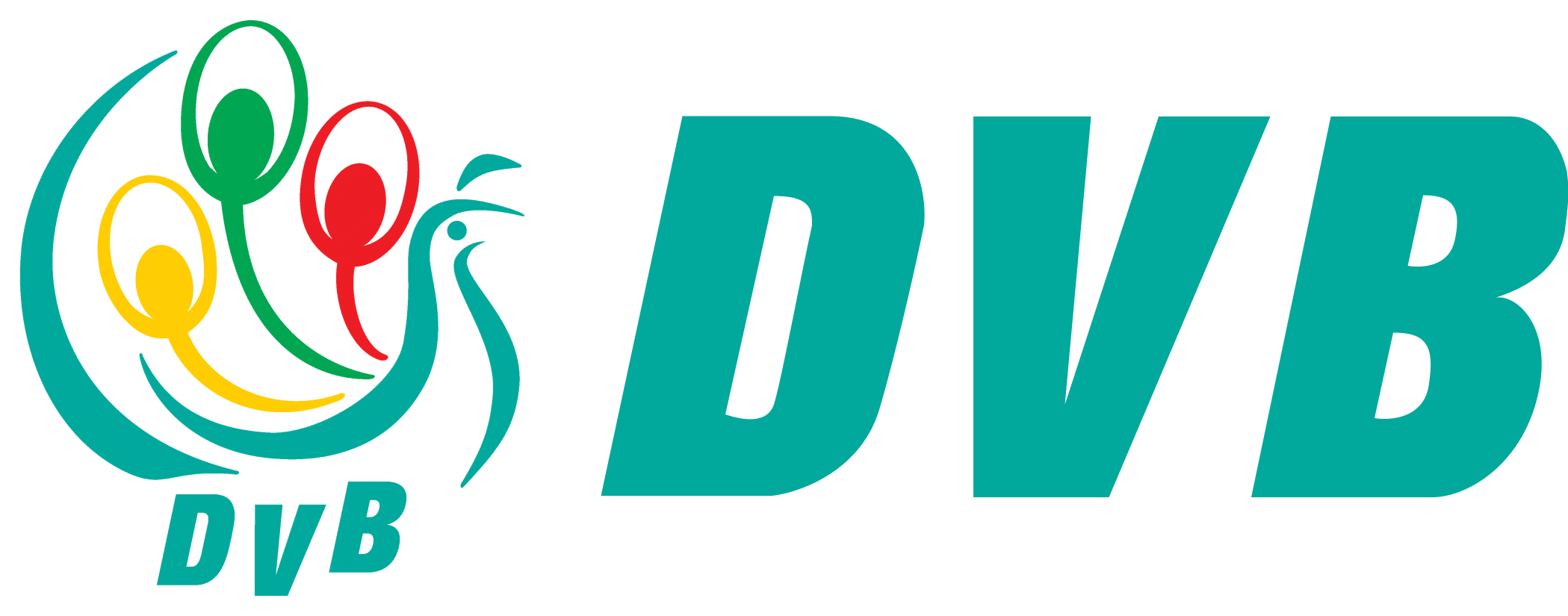
KIANA DUNCAN
When the fishing season came early to the Andaman Coast, the arrival of fishermen from the mainland made Burma’s remote Moken communities amongst the most vulnerable to COVID-19 outbreaks. But now, the vaccination of one island has provided hope for the archipelago.
Adults on Langann in the Myeik Archipelago have reportedly received their first dose of the COVID-19 vaccine. This includes members of the island’s Moken community who lack national identity cards or registrations.
This news comes as a relief to two major communities on the island, suffering under a lack of access to medical supplies.
“I had been concerned about the lack of healthcare professionals and medication. If any outbreak hit the island, they were going to be a sitting duck, so to speak.” said Thanda Ko Gyi, who works on the islands and had been advocating for better access to healthcare resources.
Following an announcement from the junta, fishing boats had started this year’s season early, with fleets departing from Myeik’s shore even before the monsoon season. As Tanintharyi’s fishermen drop anchor across the archipelago’s 800 islands, Indigenous communities are especially vulnerable to COVID-19 given that many lack access to phone services, medical supplies, and even adequate fresh water for handwashing.
With three oxygen cylinders, five COVID-19 tests, and the nearest permanent doctor on a different island, the island of Langann was particularly exposed to an outbreak brought by these outsiders.
“A lot of these island villages are sort of like bus stops in the ocean for all kinds of boats. They come and rest in the village, they come and buy coffee, they sell the fish, they buy ice,” said Kanada Ko Gyi. “So there’s a lot of interaction and exposure to so many different fishermen from all over.”
Dr. Aung Pyae Cho, who works on nearby Kanmaw island, a larger hub for medical treatment, says the vaccines came from Kyunsu township’s allotment, whose first round of vaccines were earmarked for those over 65 years in April. Shortly after, volunteers, charitable groups and government staff received jabs.
“This time around 1,600 people, especially 18 years old and up, can receive their first dose,” Dr. Aung Pyae Cho said.
“But we still need more for people in other areas, as transportation and communication here is very difficult. Although we have enough for our village, we still need vaccines for people in other islands.”
It is, he says, not possible to vaccinate all islanders, given the distances and isolation of many of the archipelago’s communities.
With serious outbreaks on the Tanintharyi mainland, it wasn’t long before the virus reached Langann, the island’s medical needs quickly over-running its temporary doctor and low stock of supplies.
Oxygen was available, but refills from Myeik require a boat ride of over 10 hours.
Luckily, Langann did not sustain any deaths. Patients in greater need of medical care made it to Kanmaw which has a more permanent doctor. However, other islands in the archipelago did experience COVID-19 casualties, despite being gifted donations of oxygen and medication.
Initially, Langann’s community leader prioritised vaccinations for the 25 most senior of the island’s residents. Although the SAC’s vaccination rollout has garnered intense criticism for its lack of transparency, use of low efficacy vaccines, and questionable mandatory workplace drives, authorities in this case were able to vaccinate every adult on the island.
Although the military’s strategy for island vaccinations still remains unclear, Kanda Ko Gyi says one of the SAC’s priorities was jabbing commercial fishermen needing vaccinations to regularly cross into Thai waters.
“My last visit to the island was for the Moken festival. I watched them pray to their ancestors and asked them: ‘why have you forsaken us?’ because they have such a hard time. I couldn't imagine Moken elders being wiped out by COVID and killing the culture,” she said.
“We were trying to figure out who was making the call to decide who would be receiving vaccines. When authorities showed up and said ‘no, we have enough for all the grown-ups,’ he [the community leader] was very surprised, very happy. I was very excited.”


